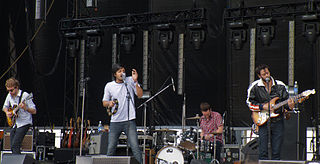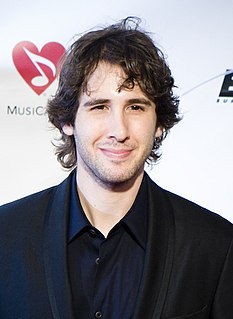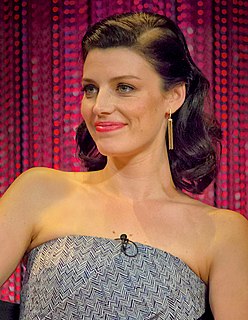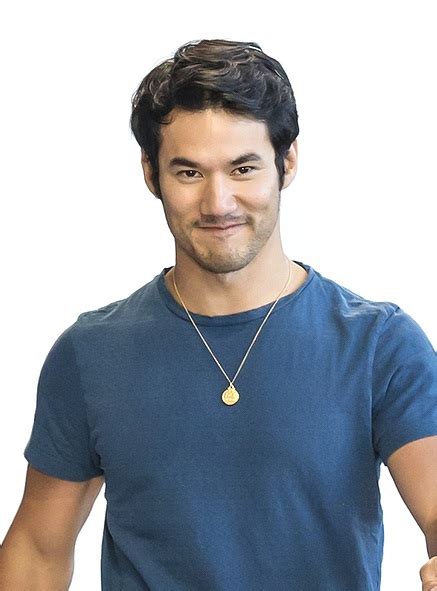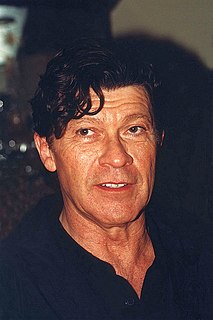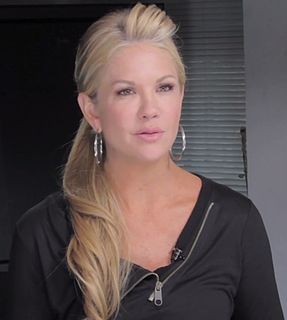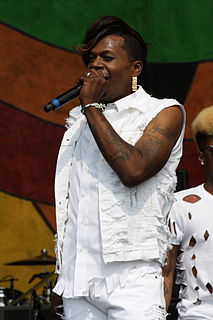A Quote by Sameer Gadhia
Sometimes I'll go into an interview not knowing what it's about or who it's for. Sometimes I'm a little bit more prepared. I've been in certain interviews where they ask me questions that I know nothing about. Like obscure albums and they want to know my favorite song and I don't even know what to say.
Related Quotes
The only problems I sometimes have is if I ask for a piece for a group show, if I ask for a piece - I would like to put it into a show, sometimes the collectors get possessive about it and don't want to let something happen. Say you get full credit, you know. You give them your name, the catalog and it always enhances the value of the piece, you know, the more shows it is in, blah, blah, blah.
Whenever I'm giving talks, I always ask people to think of the most obscure questions because I enjoy those the most. I always get the same questions: Why does Pickwick say "plock" and will there be a movie? I like the really obscure questions because there's so much in the books. There are tons and tons of references and I like when people get the little ones and ask me about them. It's good for the audience [and also] they realize there's more there.
Not to any really influential effect, but certainly there have been comments that have surprised me. It's surprising sometimes to get particular perspectives on your work, and it's enlightening sometimes to know that non-writers and readers out there have certain assumptions about everything that I both want to keep in mind and want to forget about why I write, and about the connection between me as a private person and the stuff that I think about on the page.
Living in a place like Pakistan, very often you meet people who are migrating abroad. And sometimes you'll ask their parents, you know - you didn't try to stop them? Like, why didn't you say, don't go - I'll miss you? Stay with me. And, you know, people say, well, it's best for them. They have to go. And parents, you know, take on that sadness because they know it's better for their children if they leave.
There is a little bit of a head vs. heart kind of battle that happens sometimes with the song. There's the goose bump thing, where the melody or whatever it is just gets you and you don't know why. Sometimes, it's in a genre that you didn't think you liked and, all of a sudden, the song hits you and you just say, wow, I feel the hairs on the back of my neck. I love this song.
I think I've always been ambitious. It just looks different on me. You know, I have friends who are actresses who go to every party they possibly can to be photographed and really try to make every connection they can, and I admire that and sometimes I wish I had a little bit more of that. Sometimes I feel like I don't have enough ambition.
There’s a side to me that likes to make clothes for everyday. But I also think of fashion as an escape. It’s like a dream. It shouldn’t always be practical and about real life. Sometimes you have to do a piece that has a bit more of a wow - almost like, "I don’t know who’s going to wear that. It’s almost too much." That’s a lot of what fashion is about. Even in an economy that isn’t strong and where it’s important to sell clothes, you have to make things that let people dream a little, you know?
In narrative cinema, a certain terminology has already been established: 'film noir,' 'Western,' even 'Spaghetti Western.' When we say 'film noir' we know what we are talking about. But in non-narrative cinema, we are a little bit lost. So sometimes, the only way to make us understand what we are talking about is to use the term 'avant-garde.'
